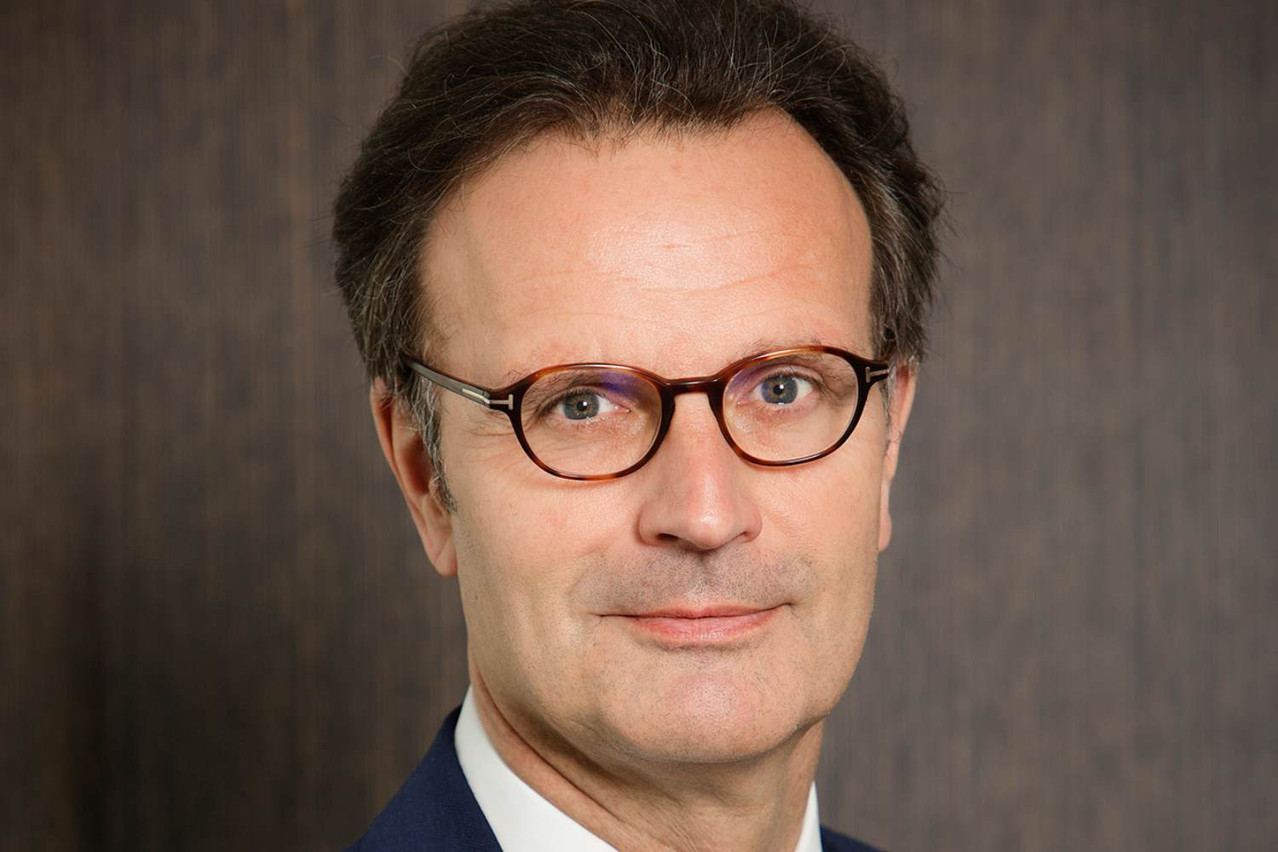Paperjam: What is the added value of the proposed acquisition of Degroof Petercam?
Jacques Prost: In order to answer your question, I should first tell you that Indosuez Wealth Management is the wealth management subsidiary of the Crédit Agricole group, the world’s tenth-largest bank in terms of assets under management, with more than €130bn under management. With nearly 3,000 employees, we are present in ten countries around the world, mainly in Europe (Belgium, Spain, France, Italy, Luxembourg, Monaco and Switzerland), Asia-Pacific (Hong Kong SAR, New Caledonia and Singapore) and the Middle East (United Arab Emirates).
We therefore have an international network and our clientele, made up of entrepreneurs and historic families in particular, is quite similar to that of Degroof Petercam. We are fortunate to be part of the Crédit Agricole Group, a global bank that enjoys very strong shareholder stability as a mutual bank and recognised financial strength. These are two very important factors for all our customers.
Indosuez Wealth Management is also the gateway for our clients to the Crédit Agricole group. We will be able to offer Degroof Petercam’s clients access to our international network and to all the group’s areas of expertise, such as asset management, insurance and consumer credit, for example, businesses in which Crédit Agricole is a leader.
The Group’s financing capacity is also a very important competitive advantage. We are able to lend to our customers, particularly in the property sector, or to support our corporate customers in their expansion.
Our activities are also highly complementary. For example, Degroof Petercam has an investment banking business, which is very much geared towards entrepreneurs.
This proposed acquisition would enable us to offer customers high value-added services thanks to the combination of our expertise and access to the Crédit Agricole Group’s international network and financing capabilities. This is a relevant project that will create value for all stakeholders.
The younger generations of these families are increasingly interested in new investment products or sectors, such as blockchain or cryptocurrencies. Are these also subjects that you are considering?
Yes, we are paying close attention to these new technology trends. We also have a private equity investment offering, with companies that, through tech, are helping to transform businesses to meet the challenges of climate change. Because to do better in terms of ESG, we need more technological innovation.
Among the initiatives that we have put in place, as Degroof Petercam has also done, we have an offer aimed at the NextGen, in other words the children of our customers or young entrepreneurs who have already built up their assets in innovation or tech, for example. We also need to be able to meet their more “traditional” needs. They often need to invest in property or diversify their assets, and we need to be able to respond to this as a financial partner.
From the communication (on Friday 4 August), we understood that the coming together of the different entities will be based on your own technologies. This is a cause for concern. In Luxembourg, Indosuez employs 400 people and Degroof Petercam 430. What impact will this acquisition have on the workforce?
I’ll give two answers. First of all, this is an ambitious project, a very fine project that remains subject to authorisation by the relevant authorities. We believe that the development potential is very significant, because we will be able to deploy a range of products and services with two market references. We will be able to deploy this complementary expertise for our existing customers, but also for new customers. We have major ambitions in terms of conquering new markets and cooperating with the various entities and business lines of the Crédit Agricole Group. We plan to set up a team to orchestrate the implementation of these co-operations, which will take time, because the execution of this co-ordination plan will be the key to the success of the project.
A second answer, which is a little more technical, is that our staff in Luxembourg will play a major role in managing our various activities in Europe. We’ll have a lot of projects and we’ll need all our teams to bring these to fruition.
The deal is expected to be finalised by the end of the year or early next year. When do you expect to be operationally ready?
There are two stages. The first is the acquisition of 59%-60% of the shareholding. We expect to finalise the acquisition process once we have received all the approvals from the regulatory authorities around the second quarter of next year. The offer we will make to the other shareholders will run until at best the end of 2024, early 2025. At that point, we could be operational.
A word perhaps about the fact that the Cigrand family (CLdN) is staying on board, with its 20% stake. Is that good news?
Thank you for your question. First of all, the Crédit Agricole Group has a long tradition of working with local partners, and, as part of this acquisition project, we wanted to be able to rely on a reference shareholder. As a shareholder since 2011, CLdN knows the bank and its activities very well, and it’s important that they want to remain involved. It shows our desire to maintain deep and lasting roots in Belgium. We have shared our development ambitions with them and we are very pleased about the collaboration ahead.
This article was first published in French on . It has been translated and edited for Delano.
